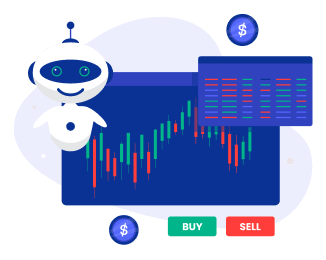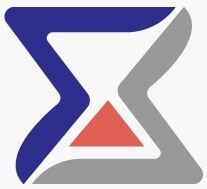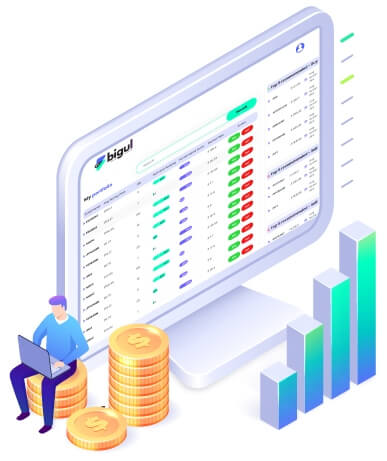Conclusion
There are many powerful tools in the financial world, such as futures and options, that provide means to manage risk and enhance investment strategies. The ability to navigate through markets effectively necessitates understanding their significance for both experienced traders and novices alike. Remember, more about these can help you make better decisions that will enable you to achieve your financial goals. Trading futures and options offer advantages such as leverage, risk management, diversification, flexibility, and liquidity. However, inherent risks include leverage-induced losses, complexity of strategies, limited timeframes, and the potential for losses exceeding initial investments. For detailed learning, visit our Bigul platform to enhance your skills in the Stock Market. Learning before investing can be a great decision to gain deeper insights into the market as well as improve your trade execution capabilities. With the right skills and materials, you have what it takes to confidently venture into a futures and options trading maze.
















